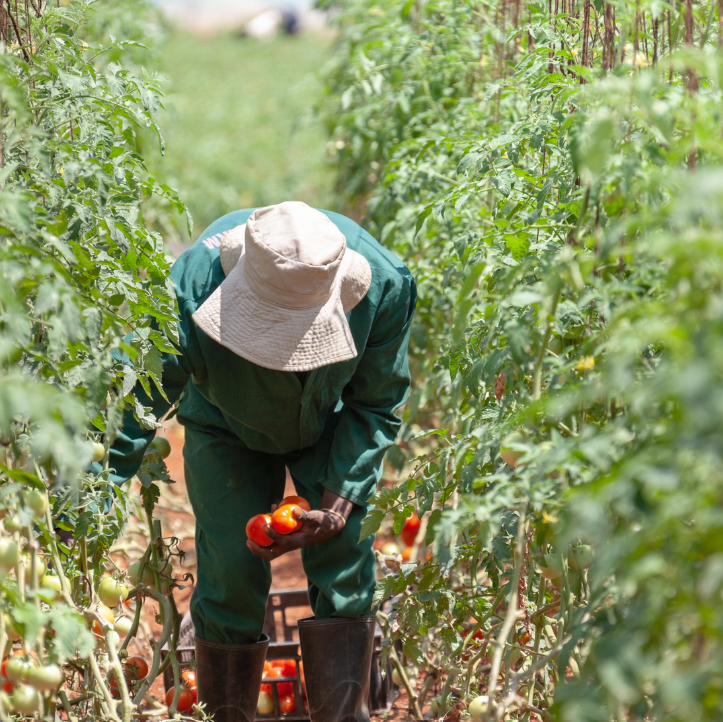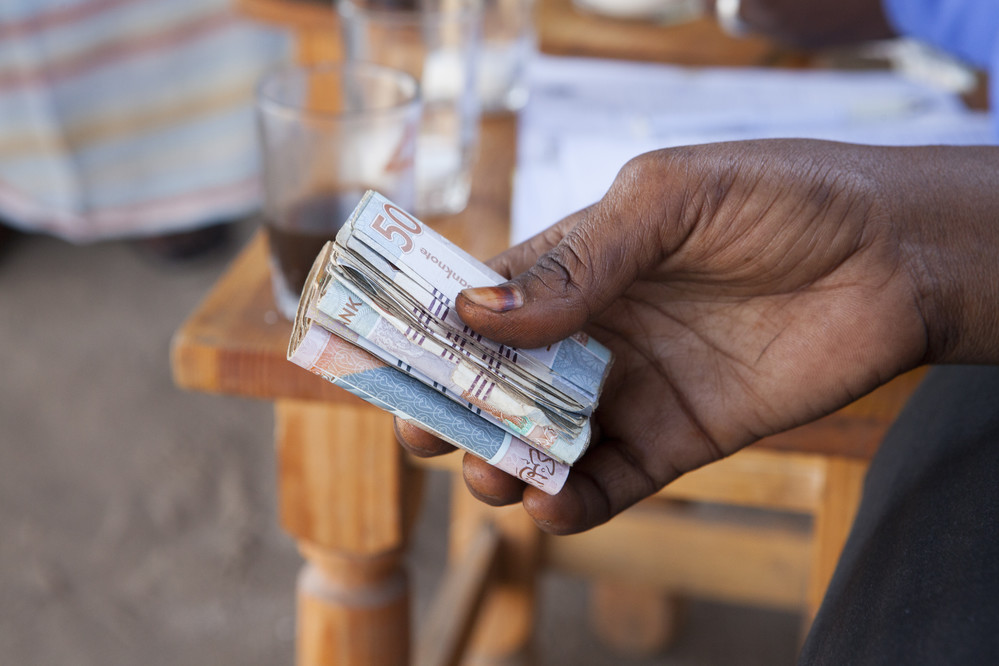In Serbia, the Big Small Business Project (Projekat Velika Mala Privreda) operates on the premise that with the right support systems small businesses can become drivers of growth and development for the local economy. They are small in size, yet big in potential. One of the key activities in achieving this, specifically in agricultural sector, is the improvement of access to finance among small producers in underdeveloped areas that are the backbone of Serbian agriculture.
The Big Small Business Project is a five-year activity funded by USAID and implemented by ACDI/VOCA to encourage small- and medium-sized enterprise (SME) growth in Serbia, where the finance ecosystem for SMEs possesses a decent range of credit products. These products are available through the banking sector and government programs, especially for the agriculture and food sectors. Although SMEs in these sectors rely primarily on internal funding, they also utilize substantial external funding, predominantly bank loans (82 percent), from domestic financial institutions, reflecting the bank-dominant structure of the financial sector.
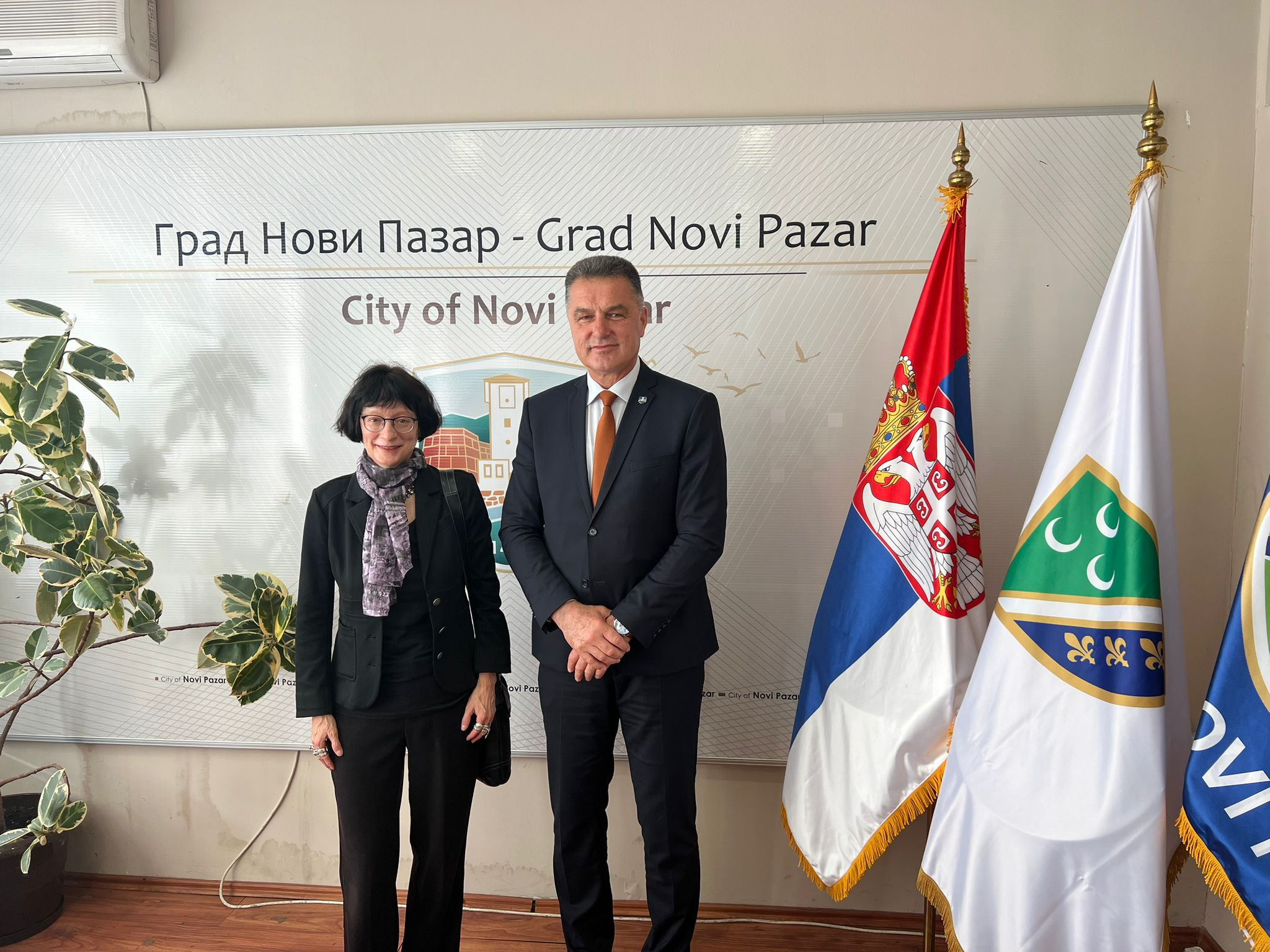
Photo: ACDI/VOCA
Struggles with access to finance
This is not the case with micro clients operating in the agriculture and food processing industry who lack financial services and programs needed to build their competitive capacity. They are often perceived as “riskier” borrowers by local banks. In most European countries and other countries with a substantial population of smallholder producers, the credit and savings cooperative systems address the needs of this market segment. In Serbia, however, there is no legal framework for implementing this type of market solution.
On the other hand, municipalities have local budgets for supporting rural development, usually through grants in which recipients are reimbursed with 20 to 60 percent of the investment upon completion of a project. Frequently, these subsidies overlap with state subsidies.
Introducing a new financing scheme
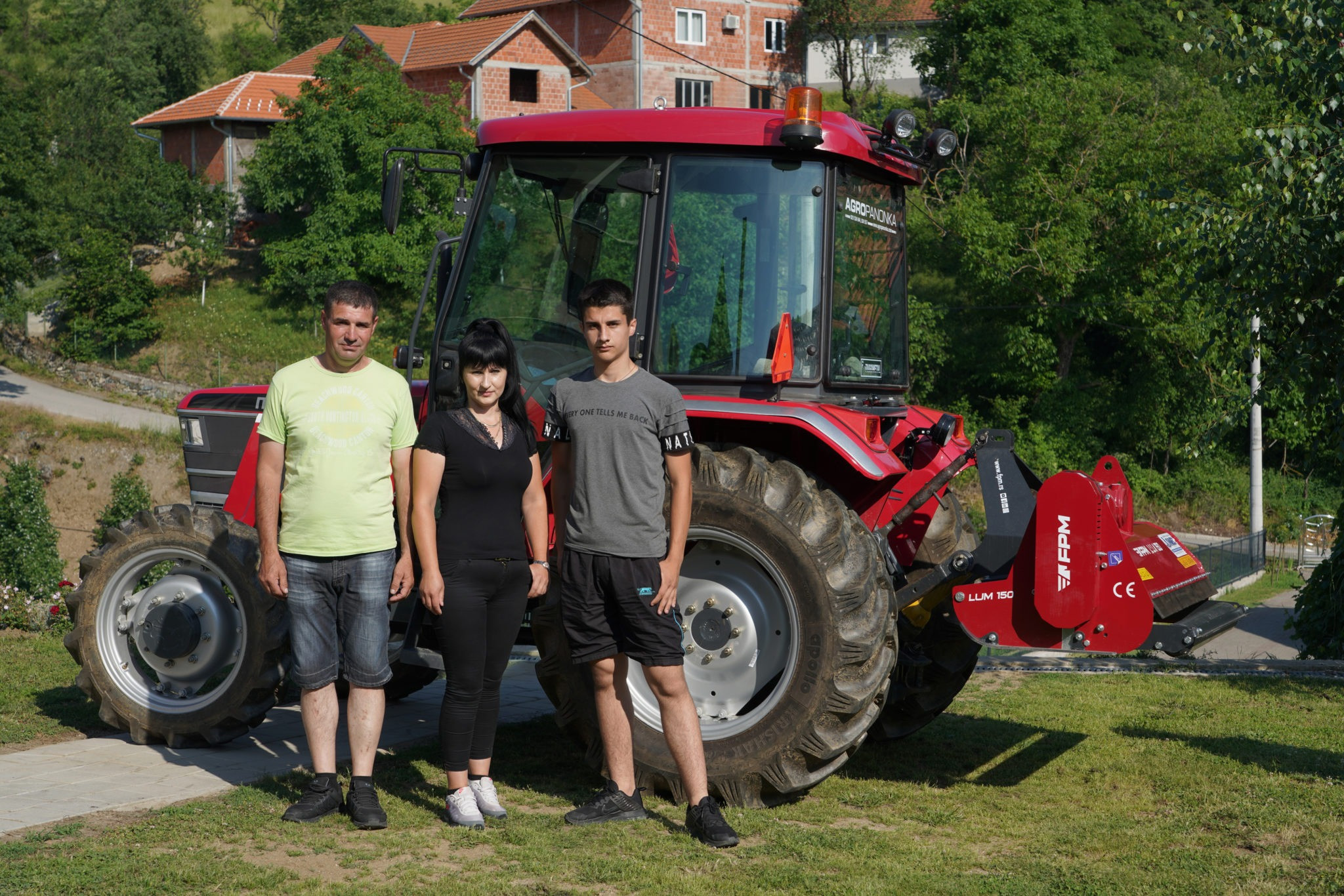
Photo: ACDI/VOCA
To address this financing gap in the local market, USAID established a new and alternative financing mechanism at the municipality level specifically targeted at small, “un-bankable” growers and producers. It’s an interest-free revolving fund created with joint funding from municipalities and the Divac Foundation and implemented in cooperation with Regional Development Agencies.
This new financing scheme enables local municipalities to raise funds from multiple stakeholders and reuse them to benefit a broader group of local recipients. The model was introduced in nine municipalities during 2020 and 2021. This year, two additional municipalities provided funding and opened the second round of financing
Expanding revolving funds
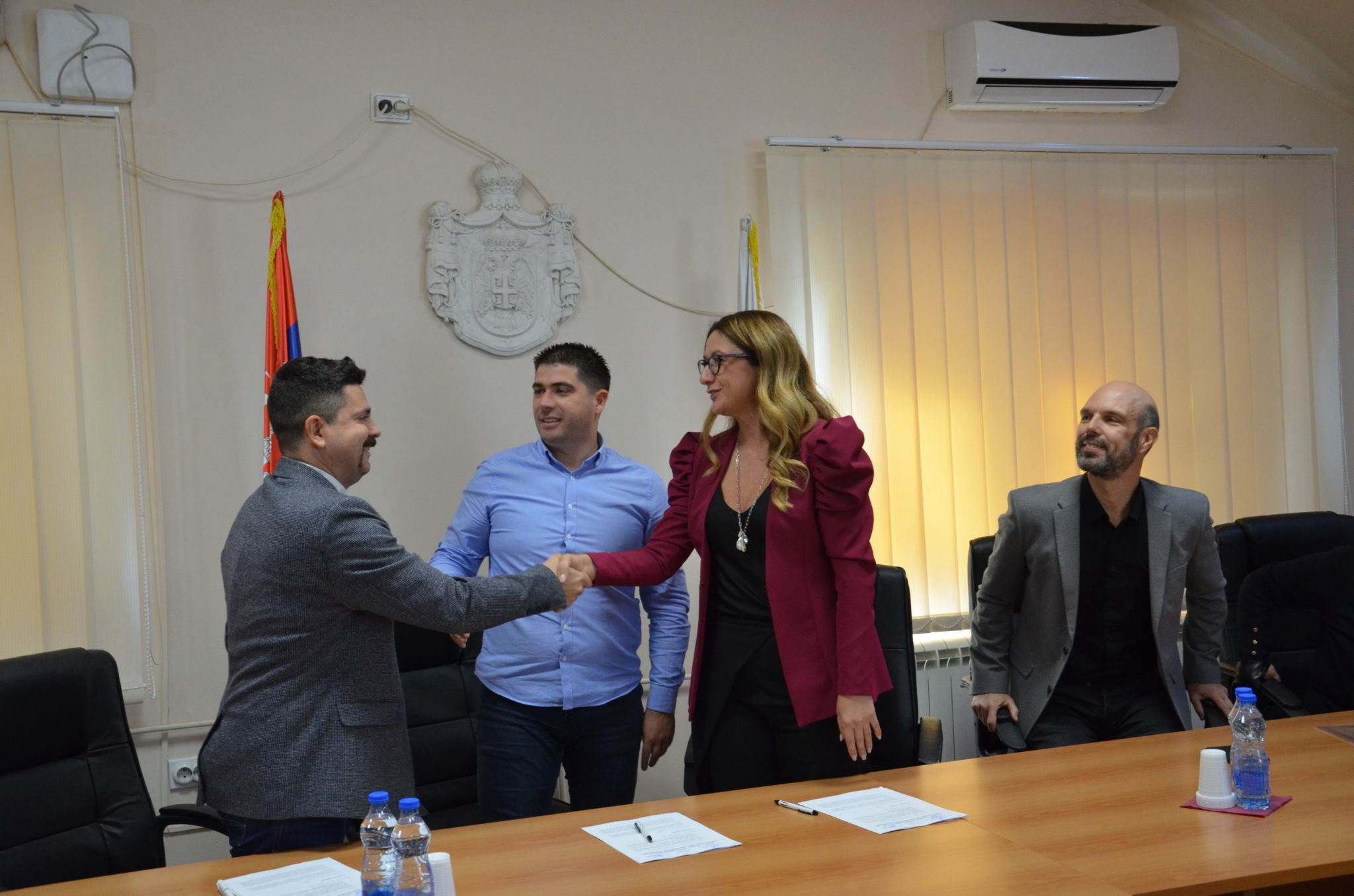
Photo: ACDI/VOCA
Based on the successes of already established funds, the Big Small Business Project actively works on the establishment of new revolving funds, which will provide funding to over 250 smallholder farmers. Three new revolving funds were created in October 2022 in Novi Pazar, Bela Palanka, and Vlasotince, suggesting strong interest from Serbian local authorities and a good track record for this mechanism.
The Big Small Business Project aims to create at least 11 more revolving funds in the coming three years, further ensuring each Serbian municipality has a sustainable solution for financing farmers. With sustainability already achieved at the local level, the relevant line ministries are also expected to help find ways to provide additional capital for these funds.
This article was originally published by ACDI/VOCA.
